Eightball 23
I picked up the new Eightball the other day. Man, what an impressive comic. The thing is the size of a Rolling Stone – matte black cover with a scrawny, Spiderman-ish superhero clutching some sort of raygun; Eightball title in funky disco lettering. It’s good, too. Yeah, the world didn’t really need another “this is what superheroes would be like in the real world, but at least this is a different tack than I’ve seen before.
I’m gonna talk a bit about it, so there’s some spoilers up ahead.
The comic revolves around the neurotically bland Andy, and his bad-influence punk friend Louie. When Louie pressures him into smoking for the first time, Andy discovers his deceased scientist parents have “gifted” him with two things – enhanced strength (activated by nicotine, slyly enough,) and a raygun that annihilates whatever Andy (and only Andy) shoots. Of course Andy decides to become a costumed superhero – with a little push from Louie. This is all presented in typically deadpan Clowesian style, with almost no sense of the wonder or awe any other superhero origin story would be milking at this point.
Of course it all goes wrong. Several crime-stopping outings end somewhat less than heroically. All Andy’s powers are good for, really, is punishment of the most petty, brutal sort. Beating two television-stealing teens into unconsciousness; assaulting a classmate’s supposedly abusive father; even leaving a wallet on the ground and cornering the bum who picks it up. Mostly these outings end in frustration, though – the local jocks and bullies (the duo’s real targets, of course,) stubbornly refuse to pick a fight with them. Matters come to a head when Louie convinces Andy to zap Louie’s sister’s druggie boyfriend out of existence. Up until now, Louie has been the instigator, but when the duo’s actions become mortal and irrevocable, Louie has a change of heart. Louie lures Andy out to an empty field, under the pretext that they’re going to use the death ray to “zap” the school bully out of existence. There, Louie knocks Andy to the ground, and hoists up a large rock, poised to… kill Andy? Or smash the ray gun? We’ll never know, as Andy zaps him.
With the death of Louie, Andy gives up the “superheroing” for a while – he sends the ray gun away. But years later, inevitably, he decides he needs it again. The book is narrated by this older Andy – one who has shouldered the responsibility for making the world a better place – one “asshole” at a time. He still lives a quiet, normal life – has been married and divorced, works for a living. He just happens to have the ultimate power of arbitration when it comes to the annoyances of life. Calmly and rationally he explains his point of view to the reader… and of course, expects us to agree. And simultaneously, Clowes lays out his argument – a superhero = an individual who unilaterally assumes the roles and powers of judge, jury, and executioner = a tyrant. A petty sort of dictatorship in this case, but nonetheless terrifying. Dredge up that old quote from the Eichmann trial, about the “banality of evil.” Our “superhero” is a thoughtless, self-righteous serial killer.
I’ve seen some argument over who bears the most responsibility for the way Andy turned out – whether Andy was a basically good kid who was sent down the wrong path by Louie’s vindictive tendencies. My take – At the age when Andy met Louie, most kids would have developed at least a rudimentary set of morals. Sure, every teenage boy’s brain pounds with revenge fantasies and delusions of grandeur (I can state this with authority, having been a teenage boy for several years.) But Andy shows no hint of remorse. He seems almost autistically shallow – his ethical judgements are entirely without perspective. Even as an adult, vaporizing a man for littering is valid and just. But perhaps the most horrific aspect of the book lies in the murky depths of our own consciences. It’s easy to condemn Andy – surely we ourselves would conduct ourselves better if we were in his place. But we all commit multiple murder in our heads every single day. If getting revenge – on the guy who cut us off in traffic, the rude girl at the checkout counter, the noisy neighbor downstairs – were as easy and without repercussion as pushing a button, let’s hope our fine morals would stand the test. But I suspect we should be grateful superheroes only exist in fiction.
I think I’ll actually write another little “essay” about Eightball 23 and Andy’s moral development in the next day or two.
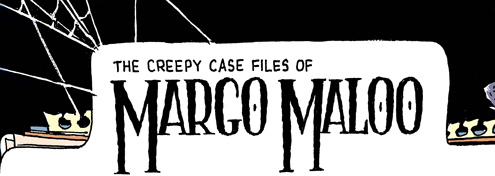
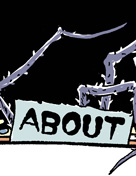
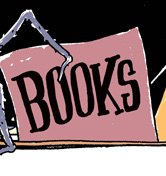
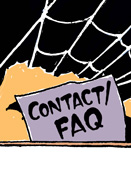
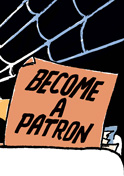
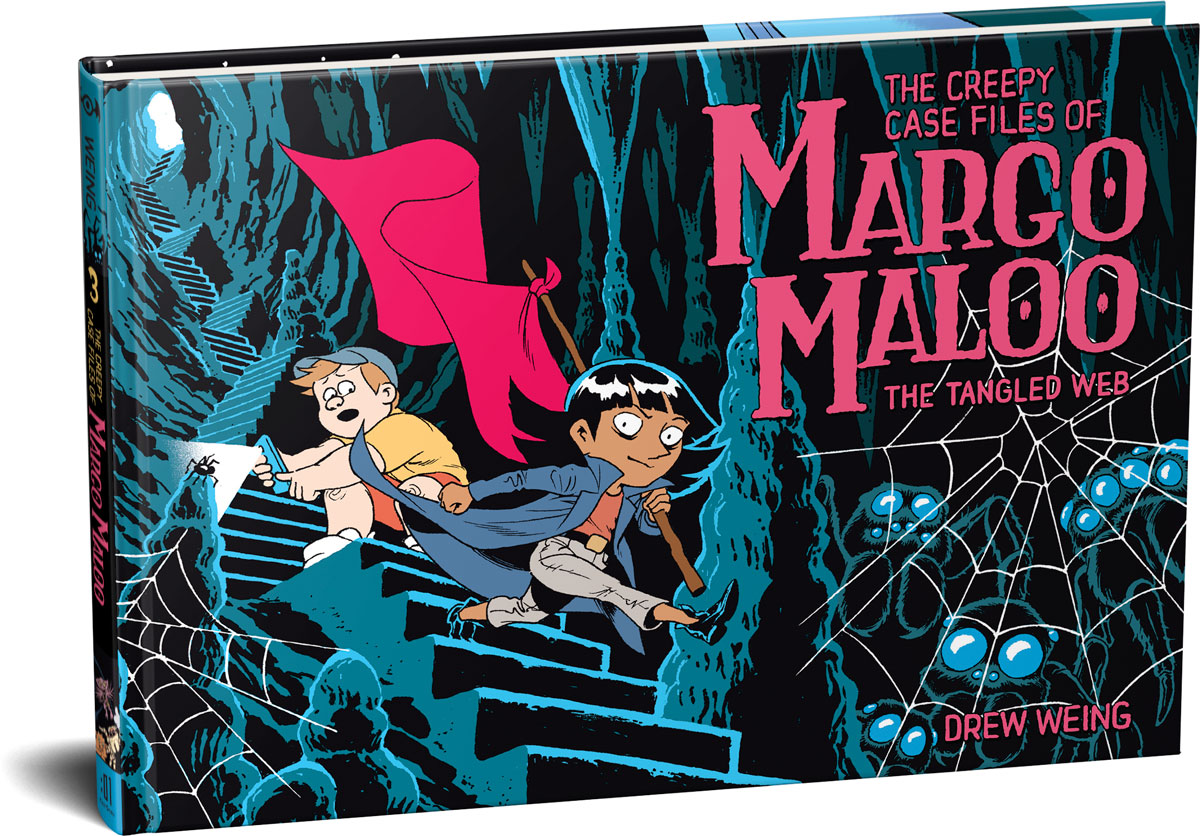
This sounds like it could be a comment on the greater part of American society as a whole… Unless I’m reading too much into it…